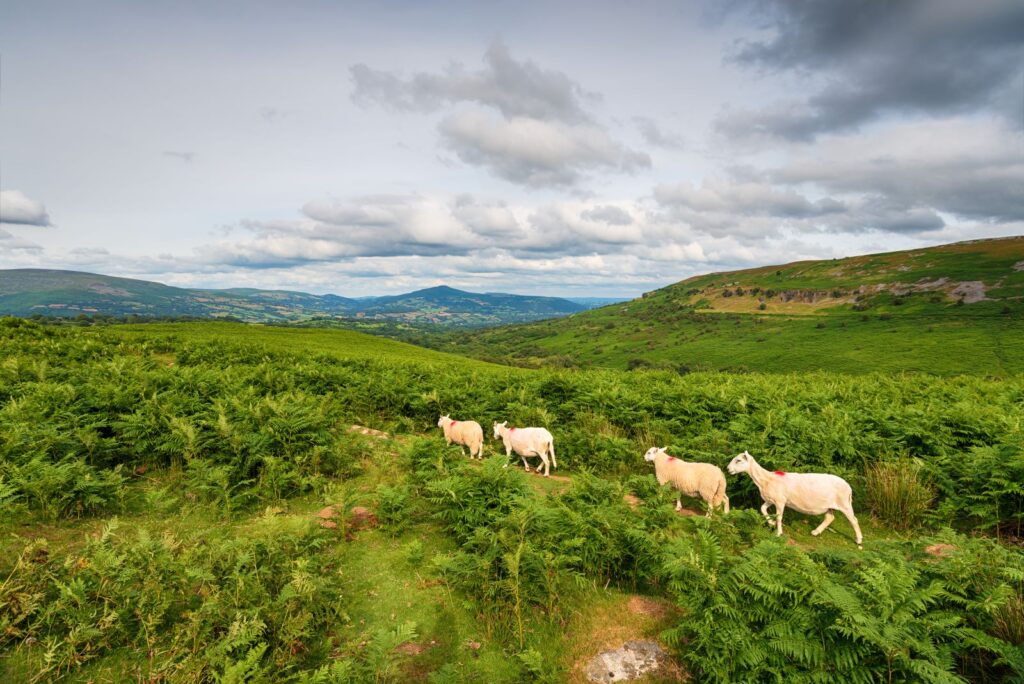Scotland and Wales rule against asulam use as ‘risks outweigh potential benefits’
22nd June 2023
Farmers in Scotland and Wales have been denied emergency use of Asulox (asulam) for bracken control as the devolved governments opted to follow advice from the Health and Safety Executive (HSE), stating the risks posed to the environment and human health outweigh the potential benefits.
Over the last 10 years, asulam – which is trading under the brand name Asulox – has been granted emergency authorisation annually to control the spread of bracken on hillsides throughout Britain.
Farmers have long relied on the herbicide to protect their livestock from this poisonous weed, which is also known for harbouring ticks that can spread potentially life-threatening diseases in animals and humans alike.
However, for the first time since the chemical was banned in 2011, the HSE recommendation to all four nations was to deny approval for asulam use this season, due to the herbicide not meeting ‘legislative requirements for emergency authorisation’.
While approval to use asulam was granted in England earlier this week, the Scottish and Welsh governments have chosen to follow HSE advice and continue with the existing ban. The decision for Northern Ireland has not yet been announced.
Rural Affairs secretary Mairi Gougeon said: “The Scottish Government is acutely aware of the risks associated with uncontrolled bracken and did not take this decision lightly, basing our position on scientific evidence.”
She added the HSE conclusion that asulam poses risks to human, animal and environmental health was supported by independent advice from the chief scientific adviser and the expert committee on pesticides, and the Scottish government is committed to evidence-based decision making.
At the same time, she recognized it will be difficult for farmers who had hoped to use the herbicide this year, and assured that support will continue to be provided for bracken control through the Agri-Environment Climate Scheme (AECS). This includes flexibility to carry out mechanical or manual weed control, alongside further investment into research exploring alternative options and the impacts of these.
The safety concerns associated with the use of asulam relate to the herbicide being a known endocrine disruptor for humans, and since applications are typically undertaken by chemical spraying, this could mean a potentially high risk to drinking water. The herbicide also poses a health risk to livestock, as well as native bird and mammal populations.
However, the decision will be a letdown for farmers in Scotland and Wales, who have campaigned restlessly over the last few weeks for approval to use the product, providing various reasons why it is essential for livestock farming.
Speaking to the BBC, Rachel Hamilton from the Scottish Conservative rural affairs described the government’s decision as “hugely disappointing” and said it will have “major ramifications for rural livelihoods and for public health”.
“I have repeatedly called on the SNP-Green government to approve the emergency use of asulox to give our farmers and land managers the most effective tool to control bracken, and stop the spread of ticks which cause lyme disease,” she remarked.
“Instead, it looks as though once again the SNP-Green government have ignored the needs of our rural and remote communities. Their calls for approval have shamefully fallen on deaf ears.”

